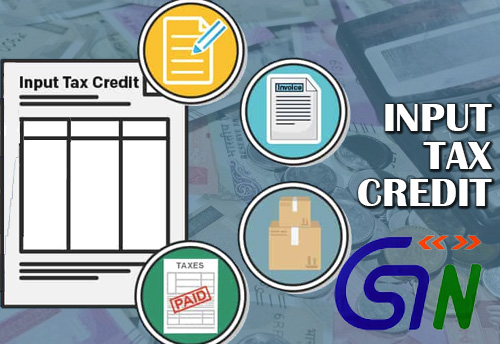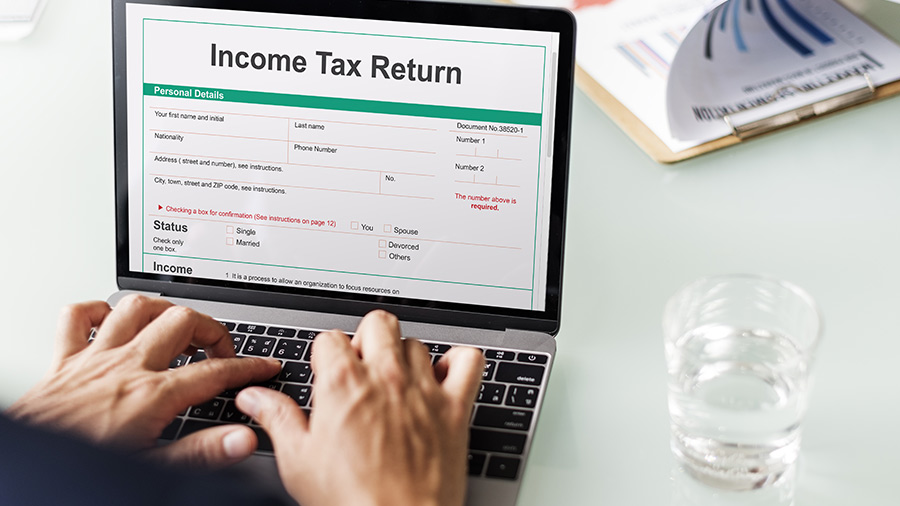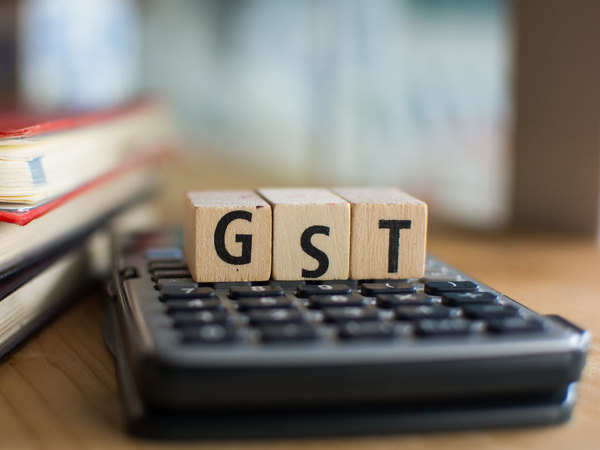The Hon’ble Madras High Court in the case of M/s. Sri Ranganathar Valves Private Limited v. The Assistant Commissioner (CT) (FAC) Velandipalayam Assessment Circle, Coimbatore [W.P. No. 38488 of 2015] has held that Input Tax Credit (“ITC”) restriction in the hands of buyer, on the ground of tax collected but remaining unpaid to the Government by the seller “cannot be sustained” and “requires re-consideration” while disposing the writ in respect of restriction of the amount of ITC claimed under Tamilnadu VAT Act,2006
Facts of the Case
- M/s. Sri Ranganathar Valves Private Limited (“Petitioner/Assessee”) filed the Writ Petition w.r.t. restriction of the amount of ITC claimed for the months of December 2013 to May 2014 for separate orders for every month.
- The restriction of the amount of ITC has been done predominantly inter alia on the head of Prior sufferance of Taxes.
- The Assessing Officer was of the view that some of the sellers from whom the Petitioner had purchased the goods had not paid taxes to the Government and restricted the Petitioner to claim the amount of ITC of Rs. 22,54,760/- for prior sufferance of taxes.
Issue raised before High Court
Whether restriction on the amount of ITC be imposed for prior sufferance of taxes?
Order of Madras High Court
The Hon’ble Madras High Court vide its order dated 02-09-2020, held as under:
- The issue has been dealt with in the case of Assistant Commissioner (CT), presently Thiruverkadu Assessment Circle, Kolathur, Chennai v. Infiniti Wholesale Ltd. [[2017] 99 VST 341 (Mad)], wherein this Court held that ITC cannot be disallowed on the ground that the seller has not paid taxes to the Government, when the purchaser is able to prove that the seller has collected the tax and issued invoices to the purchaser. As such, restriction of the amount of ITC on this ground, cannot be sustained and requires re-consideration.
- In the light of the above findings, the impugned orders are set aside and the issue with regard to restriction of the amount of Input Tax Credit for prior sufferance of taxes is remanded back to the Assessing Officer for fresh consideration.
- The Assessing Officer shall, before taking a final decision, extend due opportunity of personal hearing to the petitioner and endeavour to complete the proceedings, atleast within a period of twelve weeks from the date of receipt of a copy of this order.
Our Comments
The above decision is given under TNVAT Act,2006 where proviso to Section 19 requires to establish that the tax due on the purchase of goods has actually been paid in the manner prescribed by the registered dealer who sold such goods and the burden of proof is vested on the purchasing dealer under section 17, which is quite similar to the Section 16(2)(c) of the CGST Act, 2017 which is reproduced below:
“Notwithstanding anything contained in this section, no registered person shall be entitled to the credit of any input tax in respect of any supply of goods or services or both to him unless,––
subject to the provisions of section 41 or section 43A, the tax charged in respect of such supply has been actually paid to the Government, either in cash or through utilisation of input tax credit admissible in respect of the said supply;”
The above provision provides for a condition wherein the recipient is entitled to ITC if the tax charged in respect of such supply has been actually been paid by the supplier to the Government.
In our view though the instant decision is related to TNVAT Act,2006 but in view of similar provisions in regard to ITC restriction under said Act and CGST Act as discussed above, the ratio of Madras High Court should also be applicable under GST regime. However the matter will remain litigative unless the Government amends GST law and removes such ITC restriction.
It may further be noted here that in Pre-GST regime , the Hon’ble Apex Court in the case of Commissioner of Central Excise, Jalandhar v. M/s. Kay Kay Industries [Civil Appeal No. 7031 of 2009] held that the CENVAT credit is allowable to the assessee even if the supplier had not discharged its duty.
Further, the Hon’ble Delhi HC in the case of Arise India Ltd. v. Commissioner of Tax [W.P.(C) 2106/2015 dated October 26, 2017] had held that it is an impossible task for the buyer to determine which seller would not deposit the tax collected to the Government. The Court read down Section 9(2)(g) of the Delhi Value Added Tax Act and noted that the benefit of ITC is denied to a bona fide purchaser. The reason of the default of the selling dealer over whom such purchasing dealer has no control. It should not be made the responsibility of the purchasing dealer to ensure that the tax is deposited by the selling dealer when the transaction is bona fide. This measure qua the purchasing dealer is arbitrary, irrational and unduly harsh and, therefore, violative of Article 14 of the Constitution of India. The HC opined that the only scenario where such provision can apply is when the revenue authorities have some material to show that the buyer and the seller have colluded in order to swindle the Government. However, where the seller has not deposited tax, the authorities should proceed against the seller and not the buyer. The SLP in this case preferred by the Revenue was subsequently dismissed by the Apex Court stating that it was not inclined to interfere with the HC order.
READ / DOWNLOAD ORDER:
***
[rainbow]Don’t miss the next GST Update / Article / Judicial pronouncement[/rainbow]
Subscribe to our newsletter from FREE to stay updated on GST Law
Resolve your GST queries from national level experts on GST free of cost.
Frah Saeed is a law graduate specializing in the core field of indirect taxes and is the Co-founder of taxwallah.com. She has authored many publications on GST and is into full-time consultancy on GST to big corporates. She as a part of taxwallah.com heads a team comprising of Chartered Accountants and Advocates and plays a key role in our mission to disseminate GST knowledge to all.




